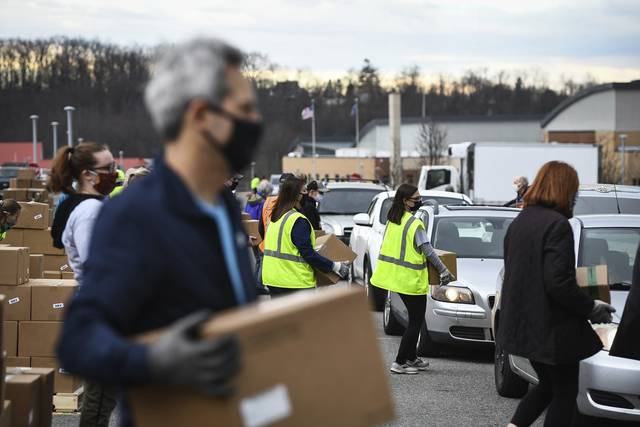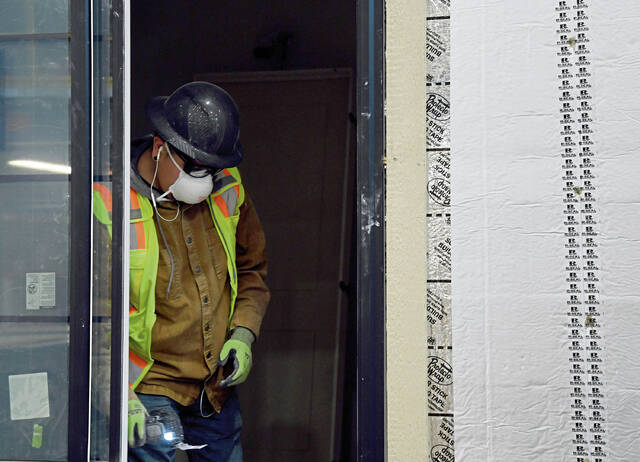“Read his remarks now, and you want to cry, because so little has changed” stated the Des Moines Register, referring to the wisdom, humor, wit, philosophy, power of observation, popularity, and political and cultural influence of Will Rogers, the chronicler of an age, serving, because he did it better than anyone else, as the unofficial conscience of his nation.
He saw America’s quirks and weaknesses, the economic, political, social and individual tragedy of the Great Depression, the stock market crash, the hunger of families, the Dust Bowl disaster, the Mississippi floods and the errors of the country’s leaders.
In his lectures and speeches, books, stage and film performances, and his “Will Rogers Says” daily commentaries on the front pages of well over 400 daily newspapers across the country, Rogers, one of the most widely quoted of all Americans, tried to prod the political parties, presidents, his fellow citizens, the privileged and Congress, described by Rogers as “the national joke factory,” to do the right thing.
In November 1928, Life magazine declared Rogers the winner of the presidential vote by the great silent majority, the unofficial president of the United States.
Today, Will’s insights and commentary are astonishingly relevant.
On Washington: “This country has come to feel the same when Congress is in session as we do when the baby gets hold of a hammer,” Rogers said. Now the babyish hammer-swinging came when President Trump barged in with a king-size sledgehammer to bang apart the long-awaited coronavirus relief bill, calling it “a disgrace.”
On hunger: “What’s the matter with us?” asked Rogers. “No country ever had more, and no country ever had less. Ten men in our country could buy the whole world, and then millions can’t buy enough to eat.” This year, it’s up to 54 million Americans, including 17 million children, who “lack food security.”
On Democrats and Republicans: “Every year it gets harder and harder to tell the difference between a Republican and a Democrat — course, outside of looks. … But I have found the sure way to tell one from the other this year. It’s just the way they talk. The Republicans say, ‘Well, things could have been worse.’ And the Democrats say, ‘How?’ ”
On politics: “Everything is changing in America,” said Rogers. “People are taking their comedians seriously, and their politicians as a joke, when it used to be vice versa.” And: “I love a dog. He does nothing for political reasons.”
“We are the first nation in the history of the world to go to the poorhouse in an automobile,” Rogers said. This year, I noticed the same thing. Unlike in the 1930s when America’s poor and unemployed stood for hours in the Great Depression food lines for some free bread or soup, this year the hours of waiting for food occurred in miles-long lines of cars and trucks.
On death: “The good old horse-and-buggy days: then you lived until you died and not until you were run over,” wrote Rogers. “When I die, I want to die like my grandfather who died peacefully in his sleep. Not screaming like all the passengers in his car.”
On personal development: “There are three kinds of men,” declared Rogers. “The one that learns by reading. The few who learn by observation. The rest of them have to pee on the electric fence for themselves.”
On values: “Live,” advised Rogers, “in such a way that you would not be ashamed to sell your parrot to the town gossip.”
Ralph Reiland, a Pittsburgh writer and restaurateur, is associate professor of economics emeritus at Robert Morris University.








